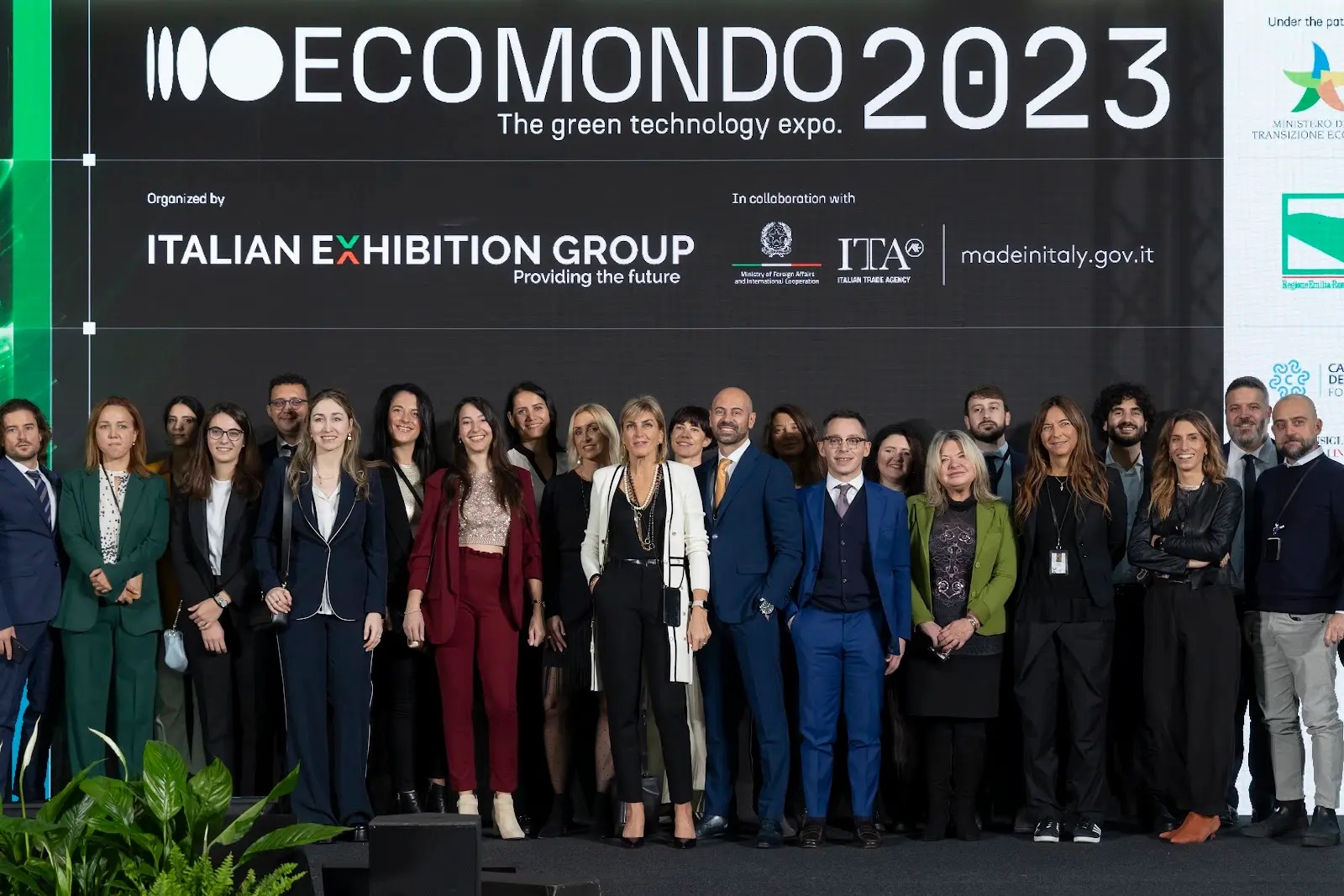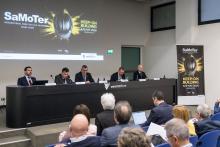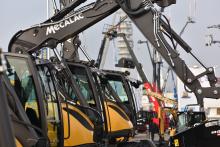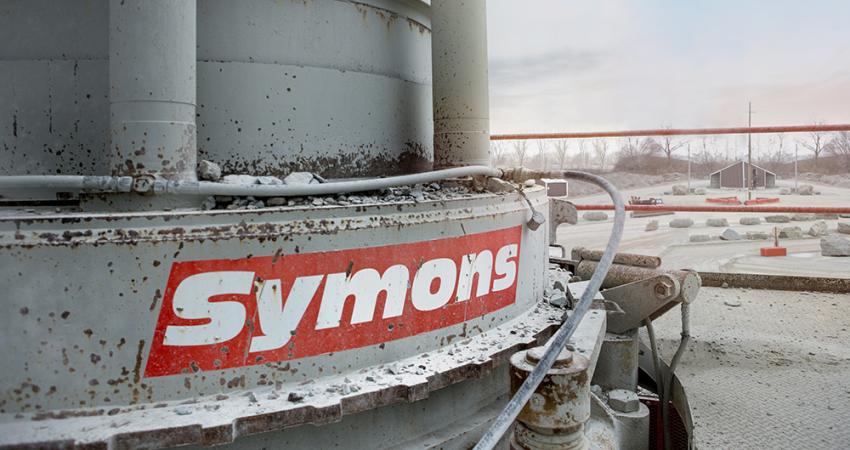
In total, 13,753 earth-moving machines (-14%) and 650 road machines (+15%) were sold.
The market figures, based on sales of manufacturing and import companies, were released by Italian construction equipment association Unacea to coincide with the Ecomondo inauguration trade fair focused on the ecological transition and new models of circular and regenerative economy, which will run from 5th to 8th November in Rimini. Unacea will have its own institutional booth (C3/110) together with Assodimi/Assonolo.
“2023 was a challenging year for our sector - said Gianluca Calì, marketing director of Cgt - due to the reduction of Industry 4.0 incentives and the prolonged anticipation, later not satisfied, of Transition 5.0, which created market uncertainty and slowdowns. The unblocking of the ZES (Special Economic Zones) for Southern Italy has led to signs of recovery, with a three-percentage-point increase every quarter in 2024.”
“The demand for road machines has seen a boom in recent years, thanks to tax incentives that have driven the renewal of obsolete construction equipment - said Michele Spinelli, CEO of Wirtgen Macchine. "Today, we are witnessing market saturation, with a decline in cold planers balanced by the stability of finishers and a strong growth in rollers, particularly medium-small ones. The sector is moving towards more compact machines, with a faster renewal cycle than in the past.”
"The global equipment market, which had reached extraordinarily high and unsustainable levels in the long term between 2022 and 2023, saw a decline in 2024," said Michele Vitulano, president of Unacea. "In Italy, the construction equipment market remains somewhat stable thanks to the push from infrastructure projects. Despite strong housing demand, in Europe, rising interest rates are weighing on investments and making credit access difficult."
According to the latest Unacea-Cer foreign trade report, international trade is decreasing: exports, between January and July 2024, stabilized at €2bn, with a slight decrease of 3% compared to the same period of 2023. Imports, on the other hand, dropped by 10%, settling at €1.2 billion. The trade balance remains positive at almost €765m, with an 11% increase compared to the previous year.








